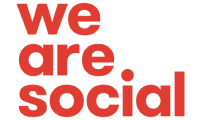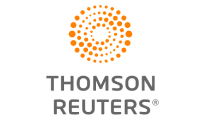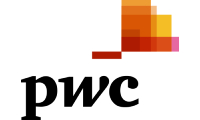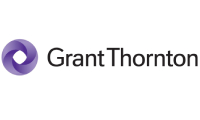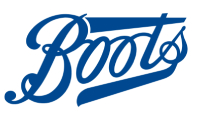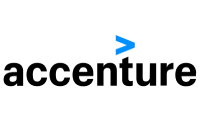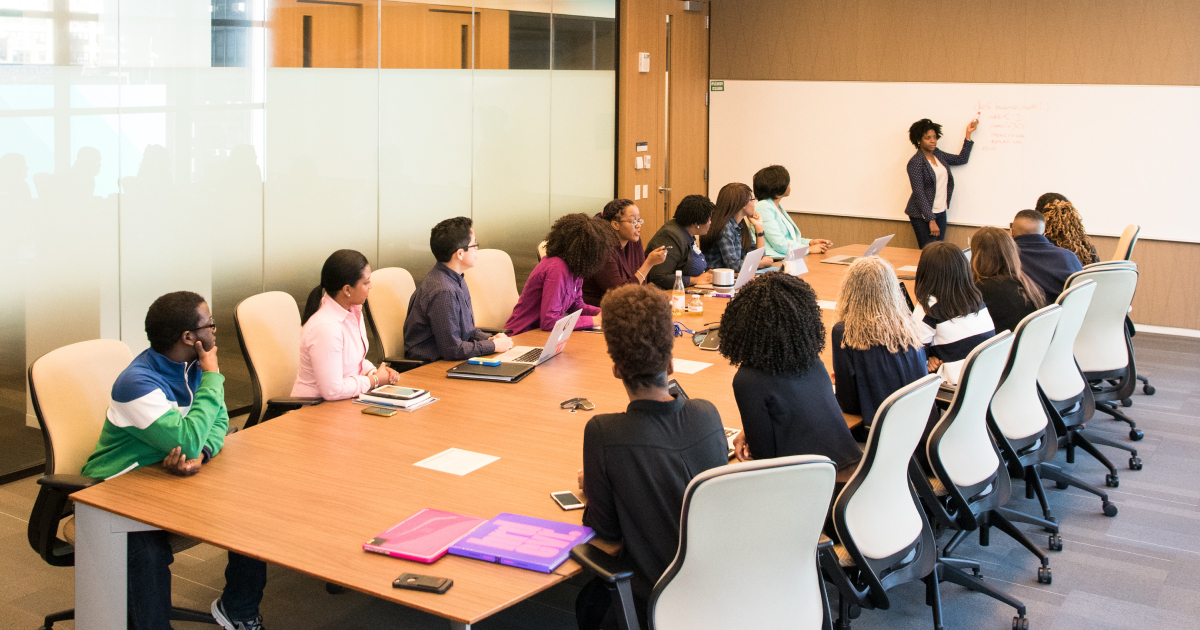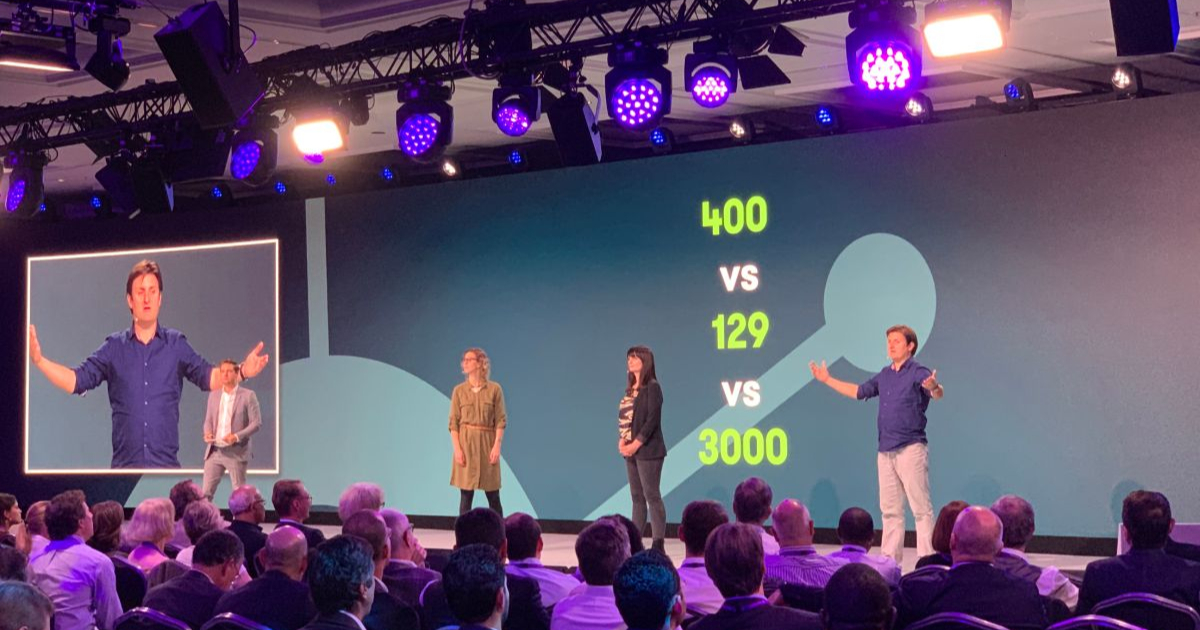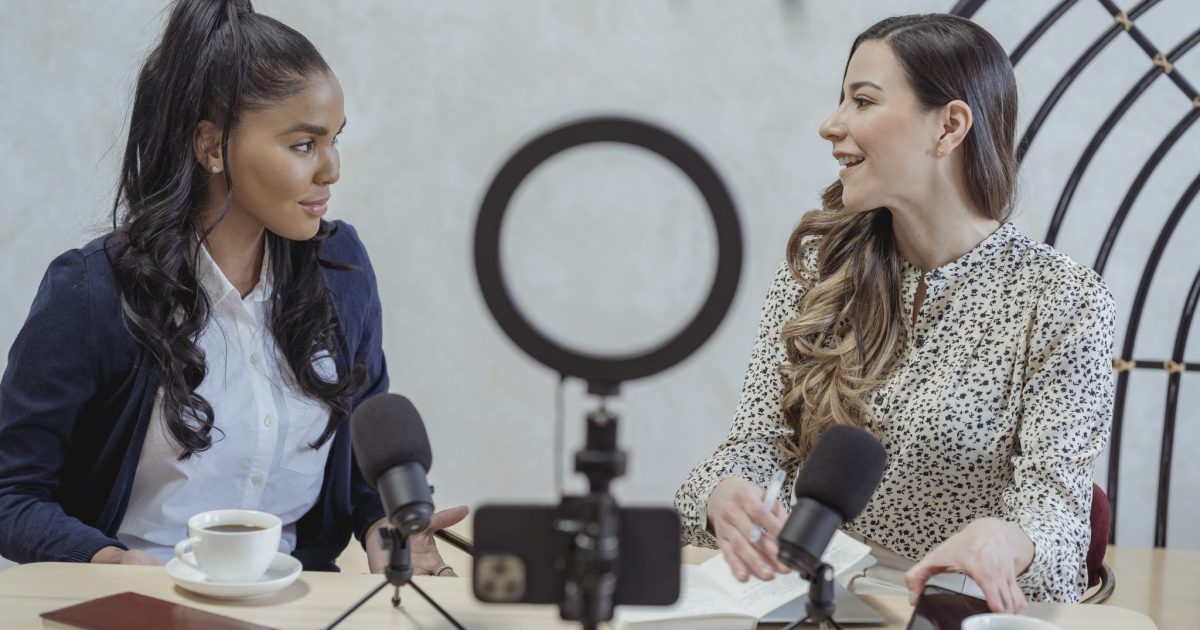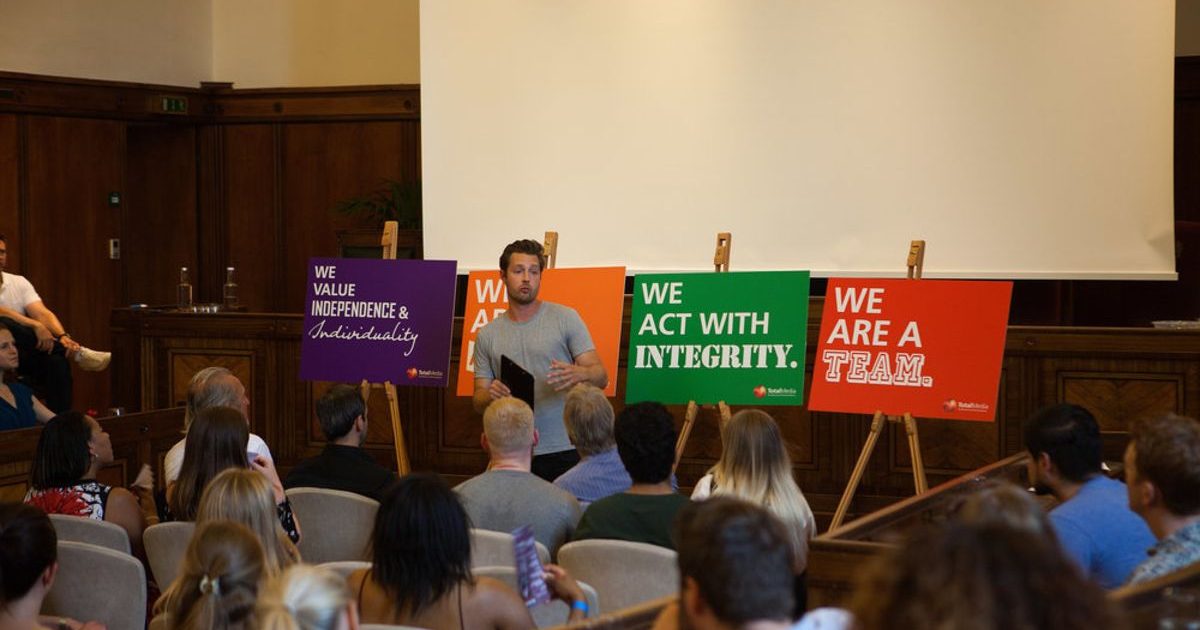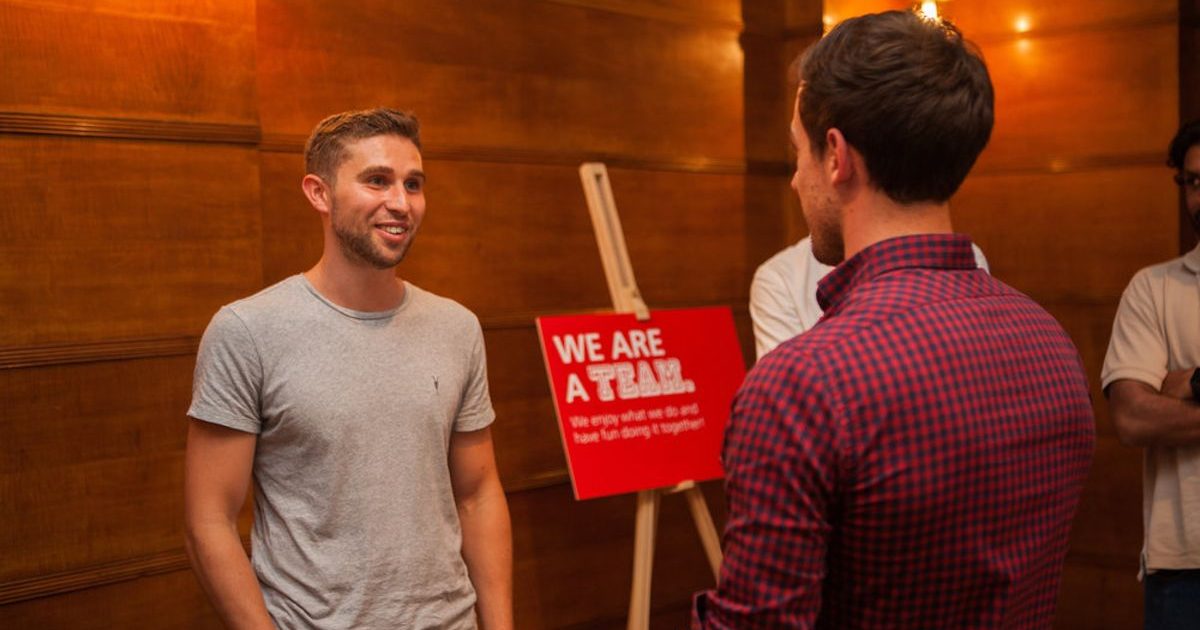An applied improvisation workshop to help leaders respond to new situations, empower their teams and communicate with impact.
The information age demands that leaders be adept communicators, strong relationship builders and people-oriented problem solvers. A Hoopla business improvisation workshop allows emerging and established leaders to practice these skills in an engaging and low-stakes environment. Our workshops allow participants to gain self-awareness of their personal leadership style, to break out of any unhelpful behaviours and to experiment with new approaches.
You can’t learn how to communicate in a book, you can’t watch it on a video, you have to do it. And the improv exercises we use in our workshops act as microcosms of the conversations and situations participants face every day, so they are a great way to train their responses to them. What we do is fun, but it’s not about being funny. We aim to endow everyone with a set of tools that they can use immediately in their day to day roles. Participants will leave with new capabilities in what we call the 4Cs: communication, collaboration, creativity and change management.
Leadership & Communication Skills training questions:
- Do your leaders listen deeply to others to make them feel heard and understood?
- Do they display empathy and operate with emotional intelligence?
- Do they accept and build on the ideas of others, or seek to control the conversation?
- Do your leaders create environments that energize and empower their team?
- Do they communicate with authenticity and warmth?
In our workshops we aim to expand a leader’s idea of what it means to have personal impact. Personal impact is not just about your knowledge, your experience, and ‘owning the room.’ It is also about the environments you create with your behaviours – and thereby the performance you inspire in others.
What You’ll Learn in our Leadership & Communication Skills Training

Deep Listening:
active listening skills are the foundation of effective communication, the antecedent to building strong, empathetic relationships.
Collaborative Problem Solving:
bringing a ‘Yes, And’ mindset to ideation.
Power as a Role:
awareness of dominant behaviours and how they impact others. Knowing when to lead and follow. Using status to navigate social situations effectively.
Inclusivity:
creating psychologically safe cultures.
Personal brand:
balancing assertiveness and warmth; authenticity; storytelling.
Leading Self:
being comfortable being uncomfortable; resilience.


